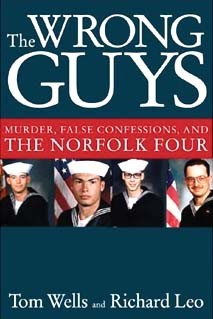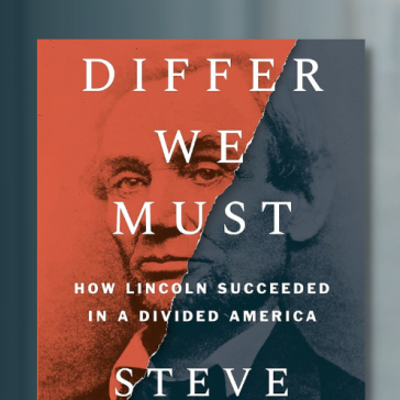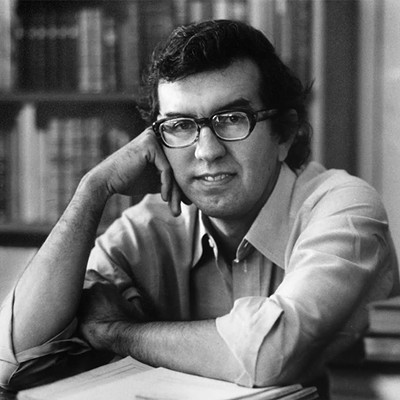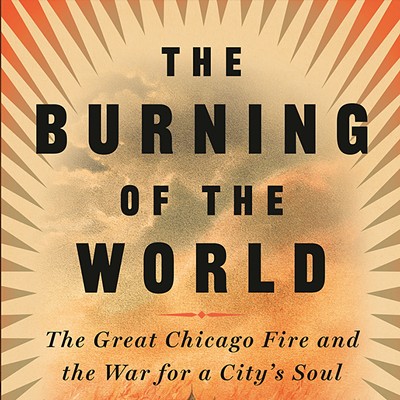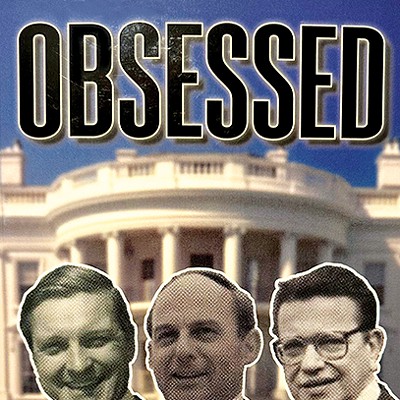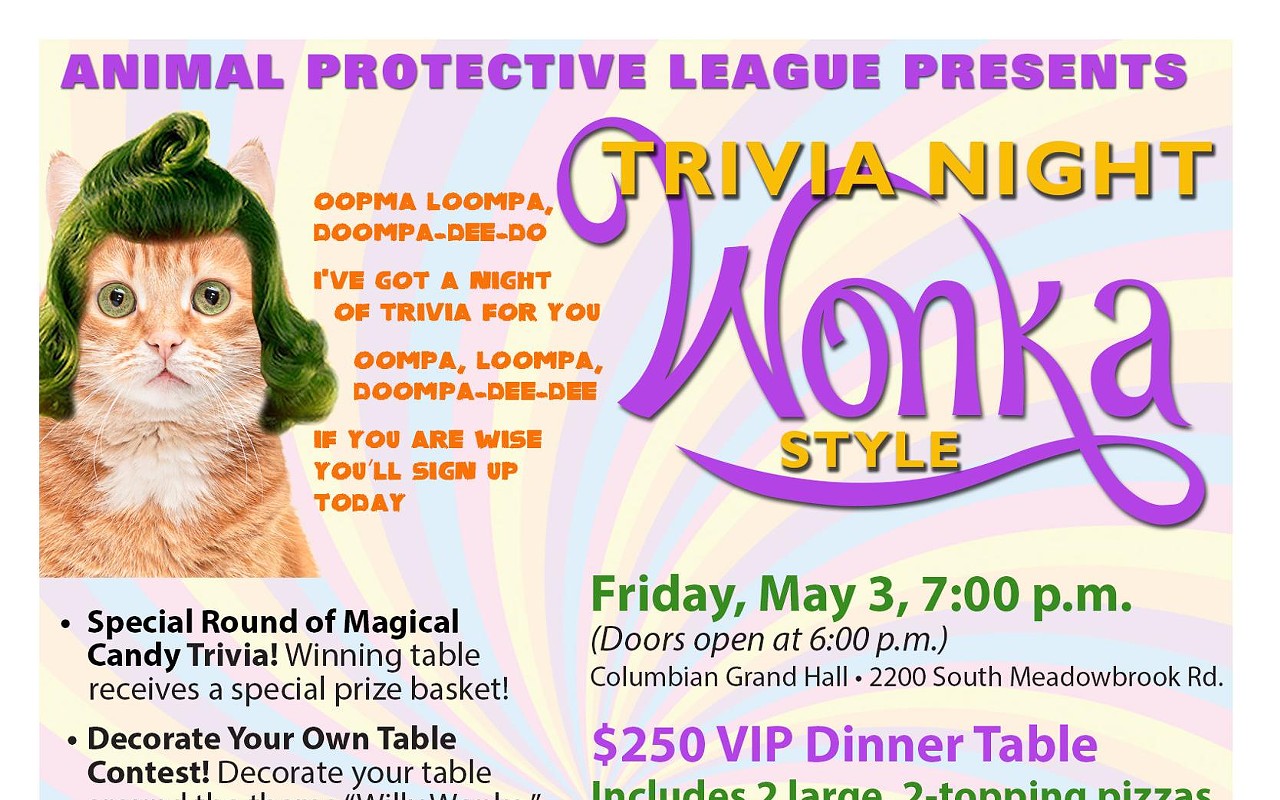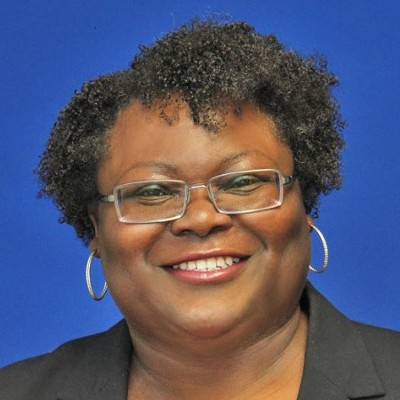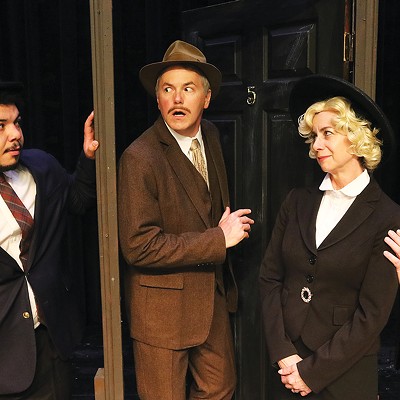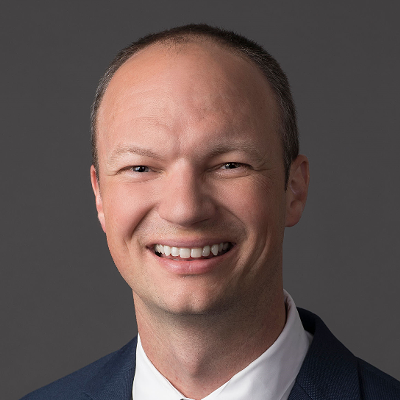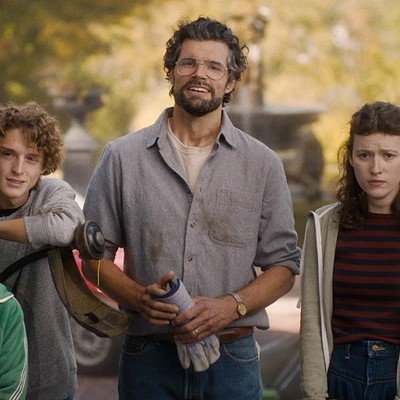In the summer of 1989, a 19-year-old Waverly woman, Melissa Koontz, disappeared late at night after leaving work on the far west-side of Springfield. What followed was a series of events in which Donald "Goose" Johnston and Danny Pocklington, both mildly retarded, confessed to being present when Koontz was killed.
Every major detail Johnston and Pocklington gave about the crime conflicted with the known facts of the case. Nevertheless, nearly a year later, police were able to gain the confession of Gary Edgington, who was toldthat his friend "Goose" Johnston was now telling police that Edgington was also involved in the murder.
The same ploy was used to attempt to elicit a confession from Tom McMillen, but he steadfastly maintained his innocence. McMillen and Edgington were placed under arrest and charged with capital murder. They were both convicted and remain in prison serving life sentences. The question looms: How can it happen that individuals would falsely confess to participating in crimes they did not commit?
A foremost expert on false confessions, Richard Leo, wrote a fascinating new book with Tom Wells, The Wrong Guys: Murder, False Confessions, and The Norfolk Four, that helps us understand the answer to this question. The book tells the chilling story of the heinous rape and slaying of Michelle Bosco in her home in Norfolk, Va., in 1997. In that case a group of "ordinary" individuals who were at some point in the Navy together were enticed by authorities to go to the police station, respond to hours of questioning without an attorney present, and eventually to falsely confess to participating in the murder.
Leo's description of the lengthy and harsh
interrogation of each of the sailors by police borders on the unbelievable,
but has been documented as common practice in many law enforcement
jurisdictions. Indeed, the recent indictment of Chicago police commander
Jon Burge reminds us why Chicago has been labeled "the false
confession capital of the United States." What emerges from the book
is a tale of how police officers intent on building a case gain
confessions. As one of the sailors describes it: "I never thought I
could confess to something I didn't do…until I went through it.
By the end of the interrogation your head's so messed up that
you'll say absolutely anything just to get the man away from
you…. They keep yelling at you and telling you to just say it and
it'll all stop. And eventually you do."
The book weaves a tale of "tunnel vision" by police and prosecutors and the victim's family that leads to the pursuit of seven individuals. The case is based on a web of false accusations, without any hard evidence that they actually perpetrated the crime. When faced with the lack of scientific evidence, police merely pushed the individuals harder to coerce corroboration of their suspicions. When faced with the one confession by the individual who most likely committed the crime by himself, a confession that called into question their entire case, police radically changed their theory to include those they already believed committed the crime. They continued to prosecute those individuals instead of admitting their original view might have been wrong.
An examination of the nation's 222 DNA exonerations by the national Innocence Project reveals that almost 25 percent of those cases involved a person who had falsely confessed to the crime. This makes false confessions the second leading cause of wrongful convictions, behind mistaken eyewitness identification. Social science research, led by Dr. Leo and described in this book, shows that those with mental disabilities are particularly vulnerable to police authority and coercive interrogation tactics.
So would you or anyone you know confess to a crime you did not commit? After reading this book, we have to wonder how any one of us might respond in similar circumstances. And to ensure justice has been done, we have to be willing to reexamine cases such as the convictions of Thomas McMillen and Gary Edgington.
Dr. Richard Leo will appear in Springfield on Monday, Nov. 10, at a free lecture open to the
public at 7 p.m. in the Great Room of Lincoln Residence Hall at the University of Illinois at Springfield. Preceding the lecture, at 5:30, there will be a fundraising reception on behalf of the Downstate Illinois Innocence Project in the PAC Restaurant. For further information, call 206-6569 or 206-7989.
Larry Golden is an Emeritus Professor of Political Studies and Legal Studies at the University of Illinois at Springfield. He continues to teach an annual class on wrongful conviction while
co-directing the Downstate Illinois Innocence Project at UIS.

